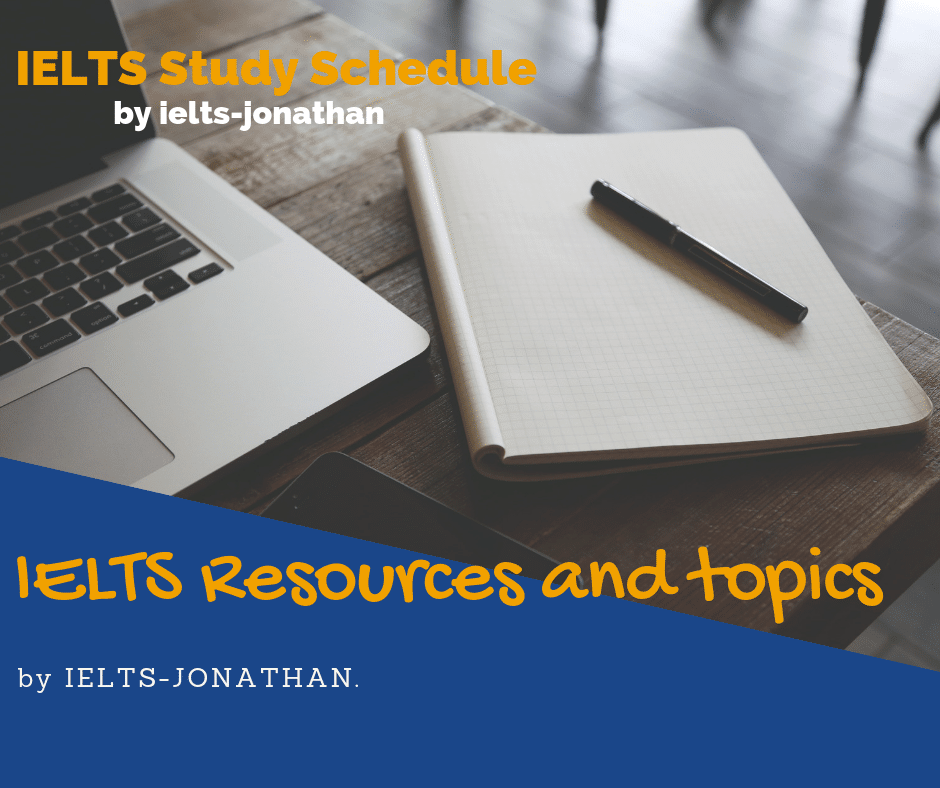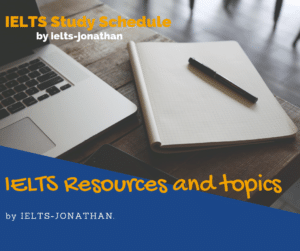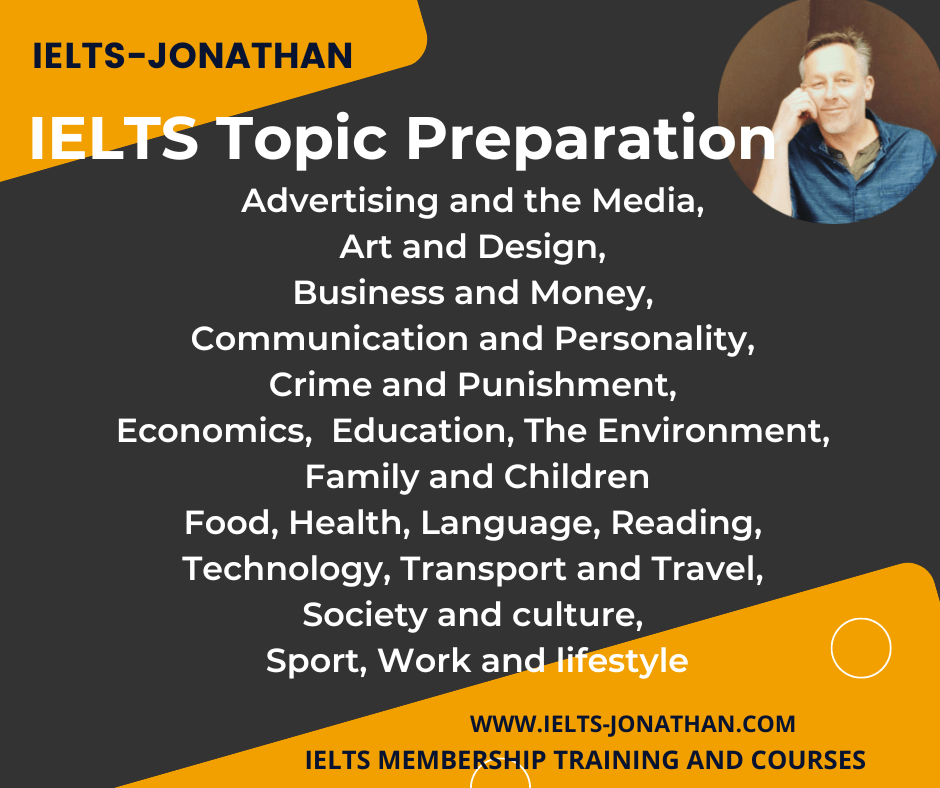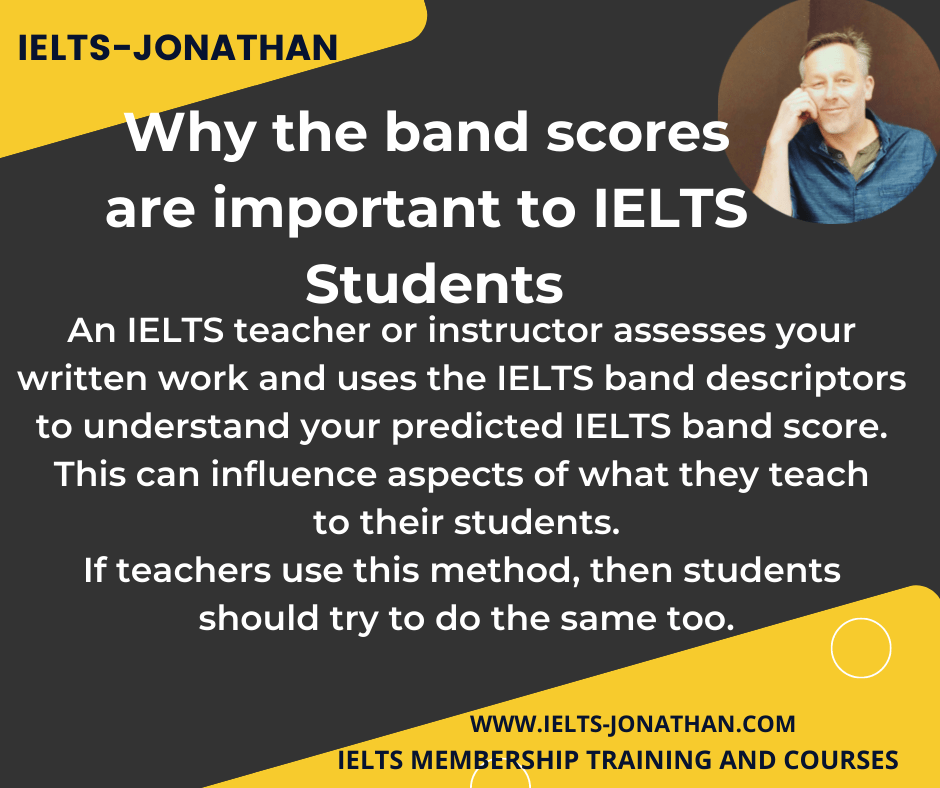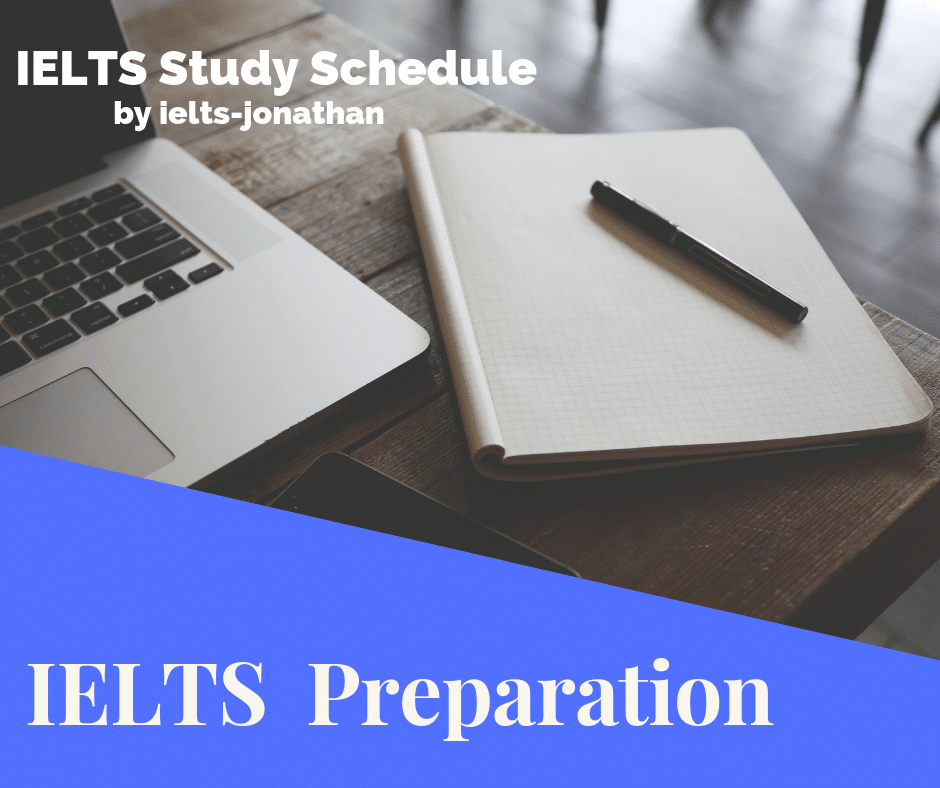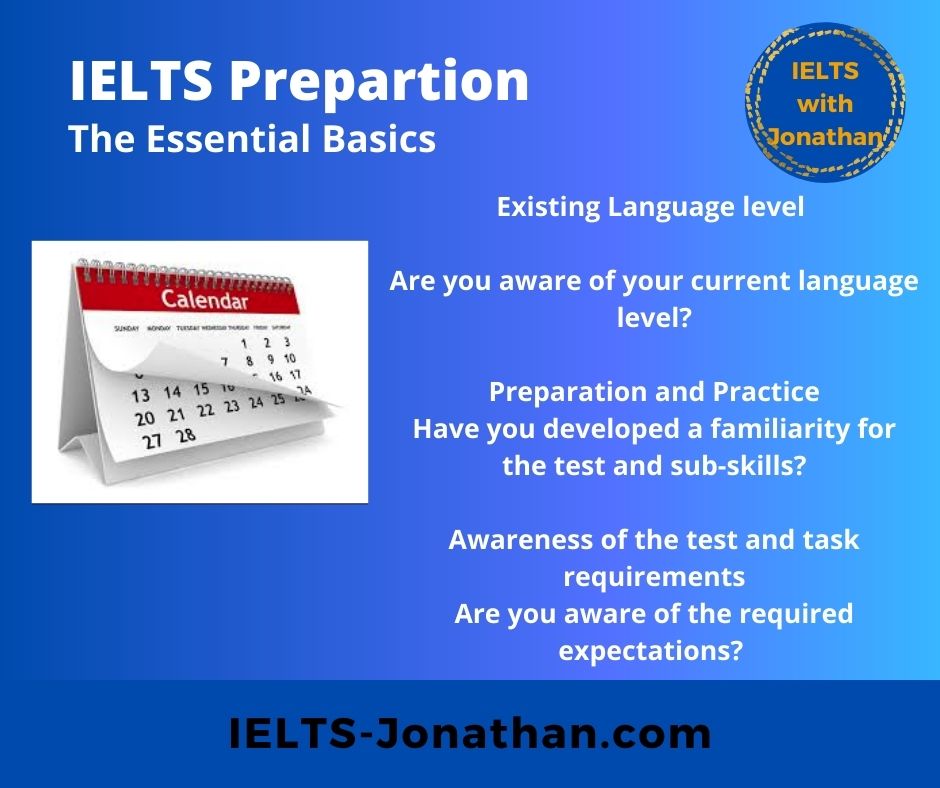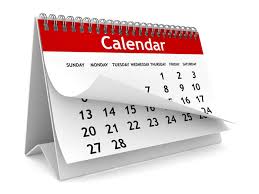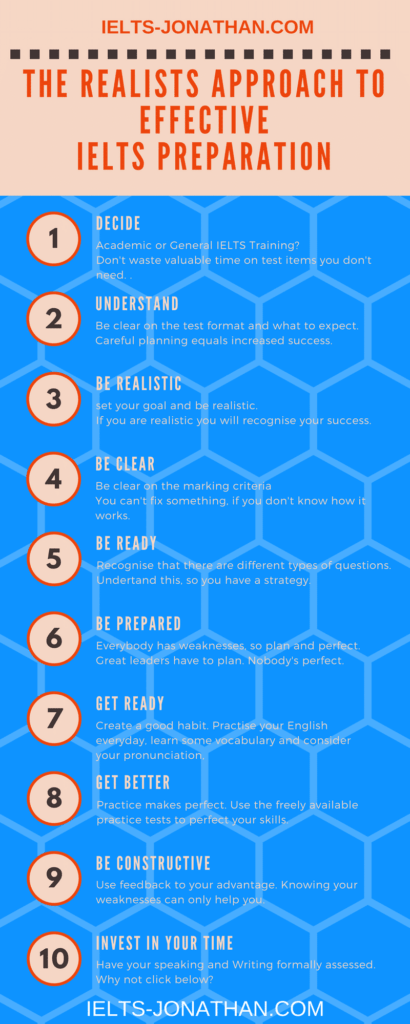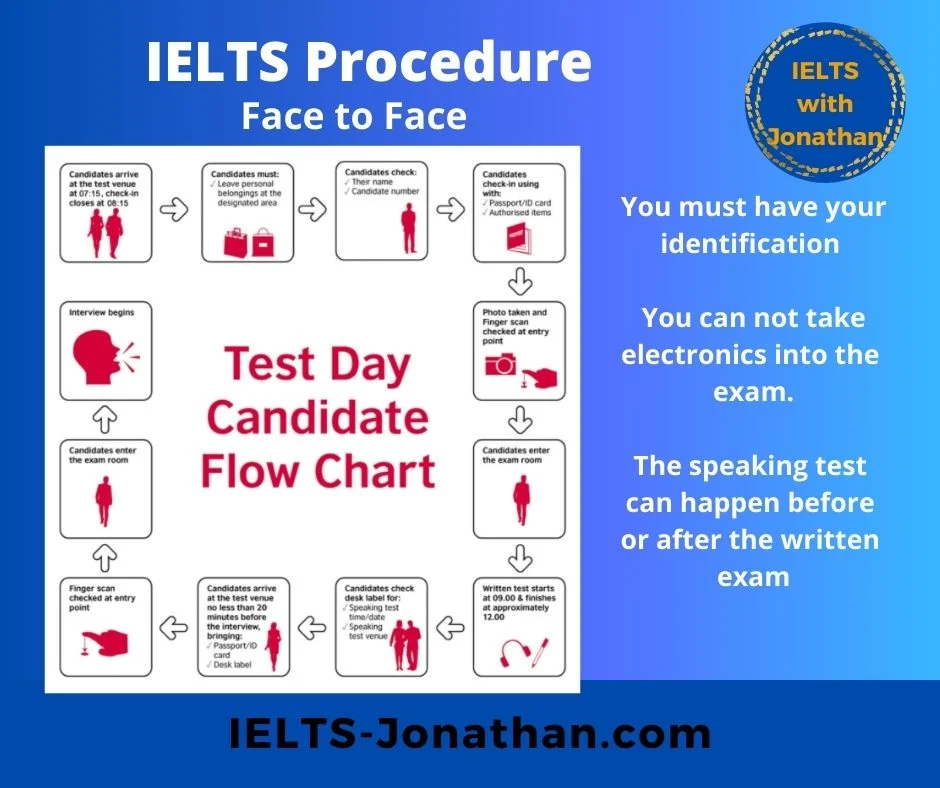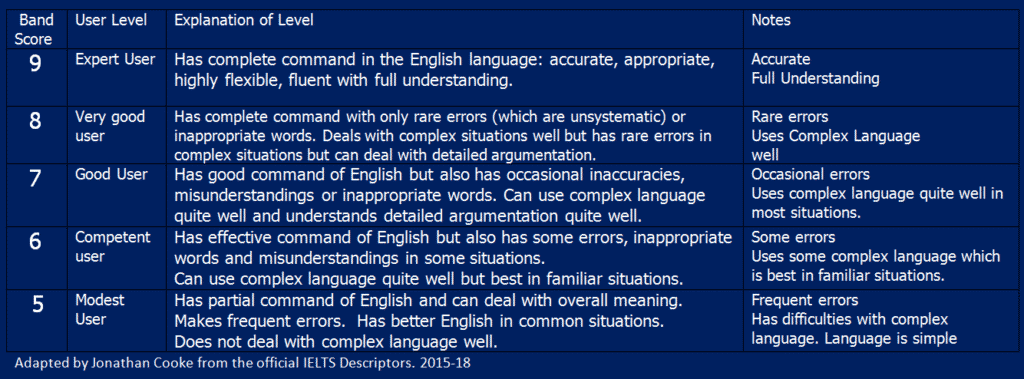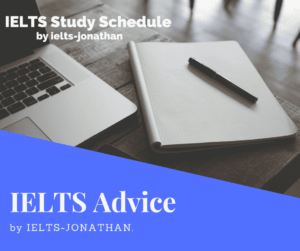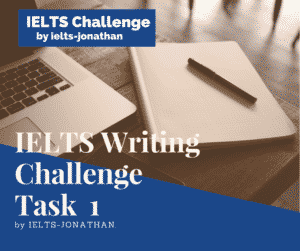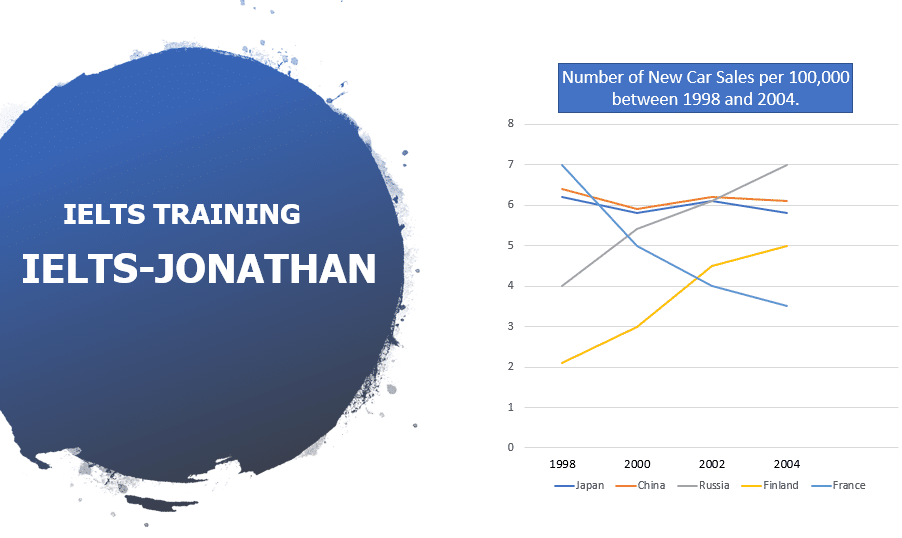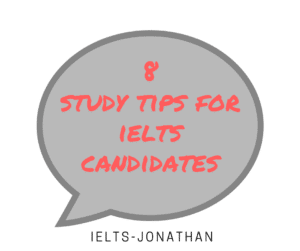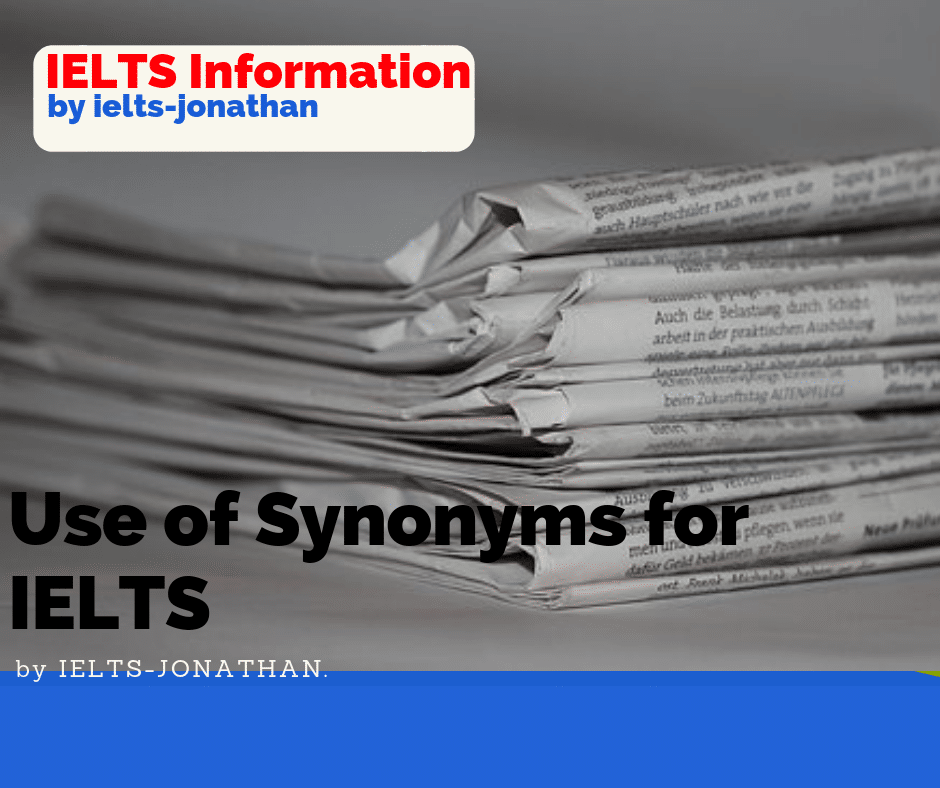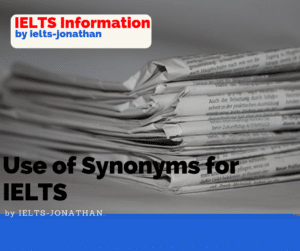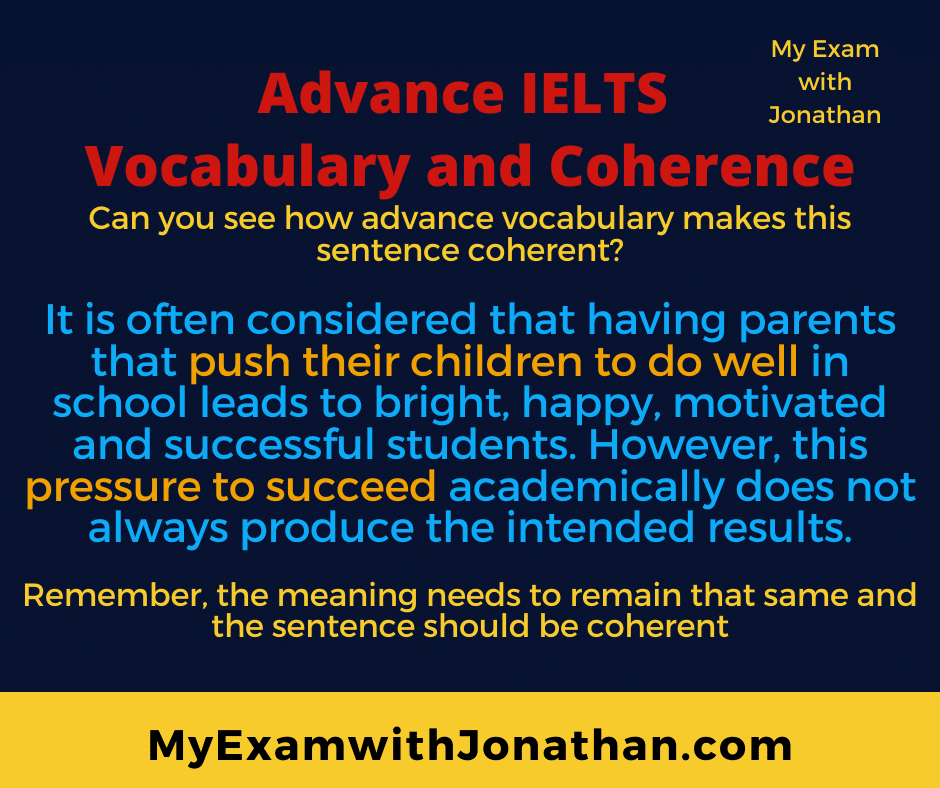Themes which appear most in the IELTS test and how can I review or revise.
General Background Knowledge preparation for the IELTS Test
It is important to have some general background knowledge regarding themes that appear in IELTS.
Having an good awareness of IELTS topic areas means your opinions are more relevant. Just by being prepared means that you are better positioned to give an opinion on any number of popular topic areas.
This is especially the case in writing; the ability to generate ideas under the pressure of the exam is usually down to a lack of knowledge around the key topic areas, while having some topic awareness in IELTS speaking will just make the exam seem so much easier.
Common IELTS Topics
Searching for IELTS worthy reading and listening articles is not easy.
It’s important to read articles that follow academic patterns and use vocabulary and grammar that useful to IELTS improvements.
Articles which are useful to IELTS preparation should be featured around the most common topic areas I have seen in IELTS reading, writing and listening.
These topics are also frequent areas of discussion in IELTS speaking.
Using some of these resources is not only good for increasing vocabulary levels, reading comprehension and speed, but will help provide a foundation of ideas important for topic awareness and idea generation.
This is a list of the most common topics with subheadings from 2022 onwards.
You can this list with use my resources list here
Common IELTS Topics
Advertising and the Media, Art and Design, Business and Money, Communication and Personality, Crime and Punishment, Economics, Education, The environment, Family and Children
Food, Health, Language, Reading, Technology, Transport and Travel, Society and culture, Sport, Work and lifestyle
How to use IELTS Topic Subheadings
These heading can further be subdivided into subheadings which allow more focussed topic and vocabulary area development.
Of course, as we know from the experience of Covid, situations in society can change rapidly, however what remains true for IELTS and the English language is that the general subheading themes remain the same.
Recent changes or developments in society can simply be applied to the subheadings you can see below.
In addition to this, by being critically aware, you can add your personal reponse or experience to the subheadings.
This can add to the overall effectiveness of your answers, whether it is in the writing test or the speaking test.
Advertising and Media
- Censorship and freedom of speech
- Media and technology
- News and reporting
- Children and advertising
- Methods of advertising
- Social Media and Privacy
Art and Design
- Art at school
- The benefits of art to society and for individuals
- Creative Art verses Design
- Censorship and freedom of speech – Art and the Artist
- How art is paid for – funding
- The value of art
Business and Money
- Globalisation
- International business
- Family run businesses
- Business and technology
- Business and communication
- Success in business
- Management and leadership in business
- Skills verses knowledge
- Consumerism
Communication and Personality
-
Types of communication
-
Family and communication
-
Technology and communication
-
Writing for communication
-
Face to face communication
-
Long distance communication
-
Male and female characters
-
Gender and stereotypes
-
The development of personality and character
Crime and Punishment
-
Major and minor crime
-
Teenagers and crime
-
Crime and technology
-
The role of the police
-
Criminals and types of crime
-
Capital punishment verses rehabilitation
-
How governments can reduce crime
-
Cyber Crime
Economics
-
Globalisation
-
Economic issues and globalisation
-
Economic progress
-
Saving verses spending
-
Taxation
-
Cash verses credit cards
Education
-
Children and education
-
Who should educate teachers or parents
-
School subjects
-
Technology and education
-
Discipline and rules
-
Single-sex education
-
Public and private education
-
Mobile Phones in Classrooms
Environment
-
Animals
-
Pets
-
Endangered animals
-
Zoos
-
Environmental issues
-
Types of pollution
-
Protecting the environment
-
Government verses individual roles
Family and Children
-
The role of the family
-
Family size
-
The generation gap
-
Positive role models
-
Family and education
-
Discipline
Food
-
Types of food
-
Healthy food
-
Diets and health
-
Education and diets
-
Traditional diets and change
-
Fast food
-
Children and diet
Health
-
Health and education
-
Exercise and health
-
Prevention verses cure
-
Health in poor countries and rich countries
-
Global epidemics
-
Hospitals and treatment
-
Obesity
Language
-
How to learn a language
-
Language and travel
-
Disappearing languages
-
Language and culture
-
Dominant languages
Reading
-
Children and reading
-
Libraries
-
Reading and leisure
-
Reading on-line/ e-books and paper books/Apps
-
Reading newspapers and magazines
Technology
-
The safety of children and technology
-
Technology and changes in society
-
Writing letters and emails
-
Personal information
-
Using the internet for socialising
-
Storing data and hacking
Transport and Travel
-
Issues with modern forms of transport
-
Infrastructure: city and countryside
-
Comparing transport
-
Transport systems
Society and culture
-
Poverty
-
Inequality
-
Homelessness
-
Crime in society
-
Taxation spending
-
Public services
-
Modern life styles
-
Traditional lifestyles
Sport
- Sport and learning
- Sport at school
- Men and women in sport
- Benefits of sport to the individual and the country
- Professional verses amateurs
Work and lifestyle
- Types of job
- Patterns of work
- Part time work
- Work and technology
- Work or university
- Salary
- Abilities at work: women and men
- Equality
Found this article useful?
Give me a like on my Instagram or Facebook page.
I’m Jonathan
I’ve taught IELTS and University English in more than a dozen universities and schools around the world.
I’m a parent, traveller and passionate about language teaching and helping students achieve their dreams.
Whilst living in Austria or working in Asia, I run IELTS courses to help students get to where they want to be.
If you are serious about IELTS, connect with me to see how I can help you.

The Best Approach to Task 2 Writing
Paragraphing in Task 2 Writing
Writing – Benefits of a Foreign University Education
